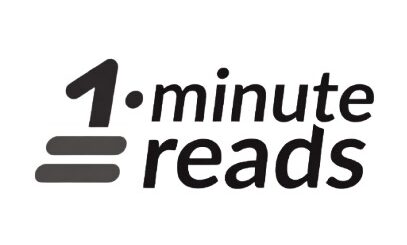There was a time when I was in so much debt that it was depressing. I simply couldn’t afford to pay the debts, so I contacted a debt advice line who told me about a debt relief order (DRO). I didn’t own my own home. My car was only worth about £99, and a lot of the debts were outside of council tax and rent, so I met the criteria. If the situation doesn’t improve within 12 months (mine didn’t) the total debt is waived after 12 months.
There is no guarantee that the DRO will go through, as it cost £90 at the time, but it’s a cheaper way of bankruptcy. It remained on my credit file for six years, but for much of society who are experiencing debt issues due to this manufactured cost of living crisis through the plandemic, blaming Russia for everything, and whatever else these rich globalists can manufacturer through the lying mainstream media, a debt relief order could be your cheapest solution.
It beggars belief why people are left to struggle when even Dispatches’ show Broke: Britain’s Debt Emergency: Dispatches. is covering the debt issue and I’ve not even heard of the words ‘debt relief order’ to these struggling families. Instead, they promote the IVA’s, which is a monthly amount that is paid to the debtors, but this is long term and may not stop the creditors from harassment and phone calls.
Full Legal Information on Debt Relief Orders from the Gov website
Debt Relief Orders
Debt Relief Orders (DROs) are one way to deal with your debts if you owe less than £30,000, do not have much spare income and do not own your home.
If you get one:
- your creditors cannot recover their money without the court’s permission
- you’re usually freed (‘discharged’) from your debts after 12 months
Get a Debt Relief Order
You get a DRO from the official receiver, an officer of the bankruptcy court, but you must apply through an authorised debt adviser. They’ll help you fill in the paperwork.
There’s a list of organisations that can help you find an authorised debt adviser in the guide to DROs.
MoneyHelper has information about where to get free debt advice.
Costs
The official receiver’s fee is £90. Your debt adviser can tell you how and when to pay it. In some cases a charity may be able to help you with the cost – ask your debt adviser.
Eligibility
You’re generally eligible if you meet all of these criteria:
- you owe less than £30,000
- you’ve less than £75 a month spare income
- you’ve less than £2,000 worth of assets
- you do not own a vehicle worth £2,000 or more
- you’ve lived or worked in England and Wales within the last 3 years
- you have not applied for a DRO within the last 6 years
Restrictions
You must follow rules called ‘restrictions’ if you get a DRO.
This means you cannot:
- borrow more than £500 without telling the lender about your DRO
- act as the director of a company
- create, manage or promote a company without the court’s permission
- manage a business without telling those you do business with about your DRO
If you want to open a bank account, you may also have to tell the bank or building society about your DRO.
Check the Individual Insolvency Register to see when the restrictions end.
The restrictions usually last 12 months. They can be extended if careless or dishonest behaviour caused your debt problem. For example, you lied to get credit.
The official receiver will tell you if they should be extended. To extend them, you’ll be asked to agree to a ‘Debt Relief Restrictions Undertaking’. The court can issue a ‘Debt Relief Restrictions Order’ if you do not agree.
What you need to know
While you have a DRO you still have to pay:
- your rent and bills
- certain debts, for example student loans, court fines
DROs can be cancelled if:
- your finances improve
- you do not co-operate with the official receiver – for example you do not give them the information they ask for
If you get new debt after your DRO is approved you could:
- get a bankruptcy order
- be prosecuted if you do not tell new creditors about your DRO
Your DRO is added to the Individual Insolvency Register – it’s removed 3 months after the DRO ends.
Your DRO will stay on your credit record for 6 years.
